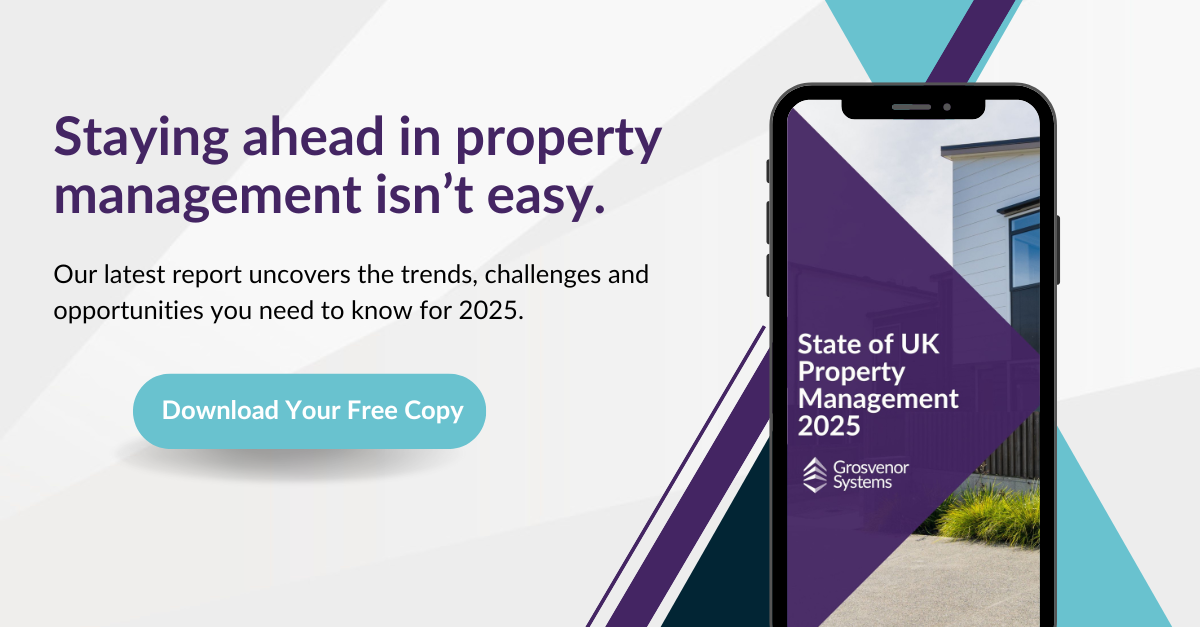Should Property Managers Be Qualified by Law? A Sector at a Crossroads
The UK property management industry plays a vital role in people’s homes, businesses, and investments yet one of the most striking facts is this: in some parts of the UK, there’s no legal requirement for a property manager to hold a formal qualification
This situation has long been debated. Some see it as a strength; promoting accessibility and practical experience. Others believe it’s a vulnerability, with inconsistent standards and gaps in accountability.
So it seems fair to ask: would property management be better off if qualifications were mandatory?
A Patchwork of Regulation Across the UK
Property management regulation in the UK is uneven:
In England and Northern Ireland, there’s currently no requirement for property managers to be qualified or licensed. Compliance obligations do exist (e.g. redress schemes and client money protection), but these focus on consumer protection rather than professional training. Reforms in the social housing sector have made qualifications compulsory for senior housing managers which may set a precdent for extension to the private sector.
Wales, by contrast, requires anyone managing rental property to hold a licence throughRent Smart Wales, which involves mandatory training and assessment.
In Scotland, regulation goes further: letting agents must register with the Scottish Government and meet minimum qualification standards.
This fragmented approach across the UK means that expectations for property managers—and the level of protection for clients—can vary considerably by region. It further raises the important question: is it time for a more consistent, nationwide standard?
The Case for Raising the Bar
Supporters of mandatory qualifications argue that introducing a minimum training standard would:
- Improve consistency: Ensuring all property managers understand key areas like legal compliance, health and safety, and ethics.
- Protect consumers: Reducing the risk of poor service, mishandled funds or unsafe living conditions.
- Boost trust and credibility: Helping professional agents distinguish themselves from “rogue operators”
The tragic failures in social housing, such as those revealed in the Grenfell Tower Inquiry, have pushed this agenda forward. In 2023, legislation made it mandatory for senior social housing managers in England to hold an Ofqual-recognised Level 4 or 5 qualification, following amendments to the Social Housing (Regulation) Act.
These reforms have raised another obvious question: if we require training in the social sector, why not the private one too?
The Case for Flexibility
On the other hand, many value the flexibility and accessibility of the current system, especially in England and Northern Ireland:
- Low barriers to entry can attract diverse talent and support new businesses.
- Experience is often as valuable as classroom training many property managers have built careers through on-the-job knowledge.
- Voluntary qualifications from respected bodies like ARLA Propertymark,TPI , and RICS already exist
There’s also a concern that mandatory qualifications could increase costs or create barriers for entry-level roles, especially if implemented without flexibility or financial support.
What’s Changing? A Shift Toward Regulation
While formal licensing is still optional in England, the direction of travel is clear. Following the 2019 RoPA (Regulation of Property Agents) report, the government has acknowledged the need for higher standards. In late 2024, ministers confirmed plans to consult on mandatory qualifications for property managers as part of wider leasehold reform.
Industry bodies are preparing. The Property Institute, Propertymark, and RICS are already positioning their training frameworks as the likely standard for future regulation. Many employers now treat these qualifications as essential—even if the law doesn’t (yet) require them.
Learning from Elsewhere
Countries like Ireland, France, Germany, and most US states already impose licensing or qualifications on property managers. These systems aim to ensure baseline knowledge and improve accountability, but they also reflect different political and legal traditions. Many of these systems include enforcement powers, such as the ability to strike off agents who breach codes of practice, capabilities that are still lacking in much of the UK.
For the UK, particulary England, the challenge is to balance professionalisation with inclusivity and maintaining the industry’s accessibility while safeguarding its standards.
Conclusion: A Sector Ready for the Next Step
The property management sector has long operated without universal qualification requirements—but that may soon change. Whether through mandatory qualifications or strengthened voluntary standards, the direction of travel is clear: toward greater professionalism, consistency, and trust.
As the government prepares to consult on reforms in 2025, the outcome must be shaped by a broad range of voices, not just policymakers and regulators, but also managing agents, landlords, tenants, industry bodies, and training providers. The question isn’t just what “qualified” looks like but who gets to define it.
Whatever changes are introduced, they must work not only for established firms and chartered professionals, but also for new entrants, smaller operators, and those who have built successful careers through experience. A future framework must balance accessibility with accountability and reflect the real-world diversity and complexity of the property management profession.
Qualifications alone may not solve every challenge. But they can play a crucial role in raising standards, building trust, and giving every stakeholder from resident to regulator greater confidence in the people managing the places they call home.
What is the future of property management in the UK?
To stay competitive in the property sector, it’s no longer enough to react to change — you need to anticipate it.
Our latest insight, State of UK Property Management 2025, explores the biggest trends shaping the future of the industry. From changing tenant expectations to emerging technologies, it provides a clear, high-level view of what’s coming next.
Read the report to discover:
- How tenant needs are evolving in 2025
- What technologies are gaining ground
- Why proactive property managers will lead the way
.png?width=1920&height=941&name=GS%20white%20clear%20(Large).png)

